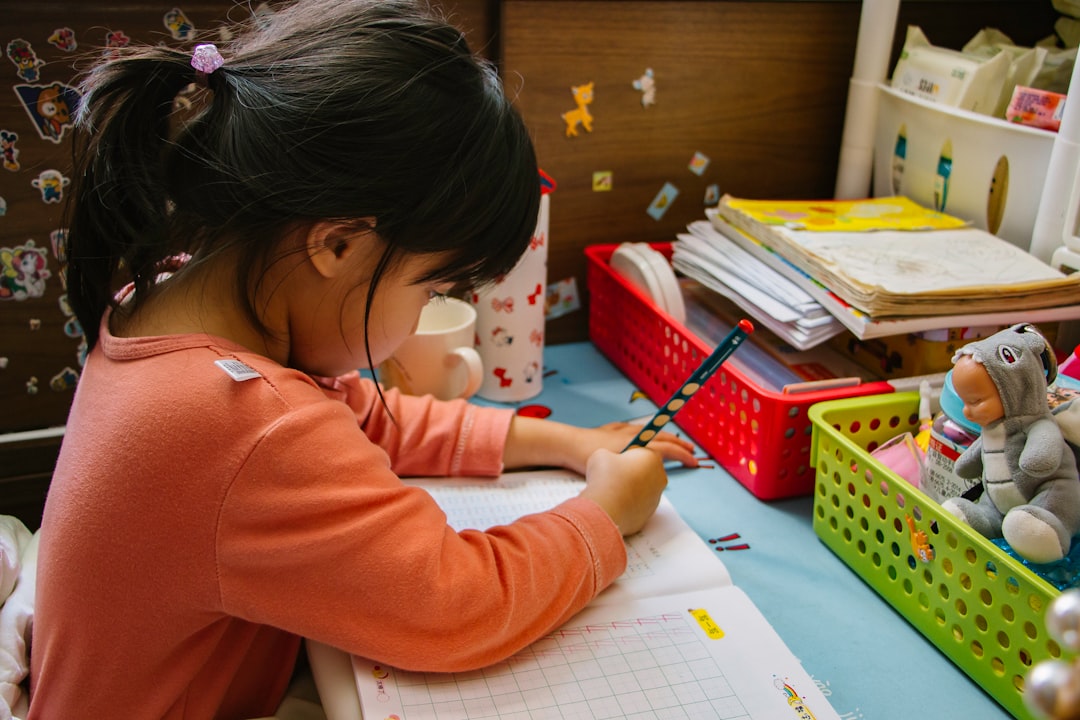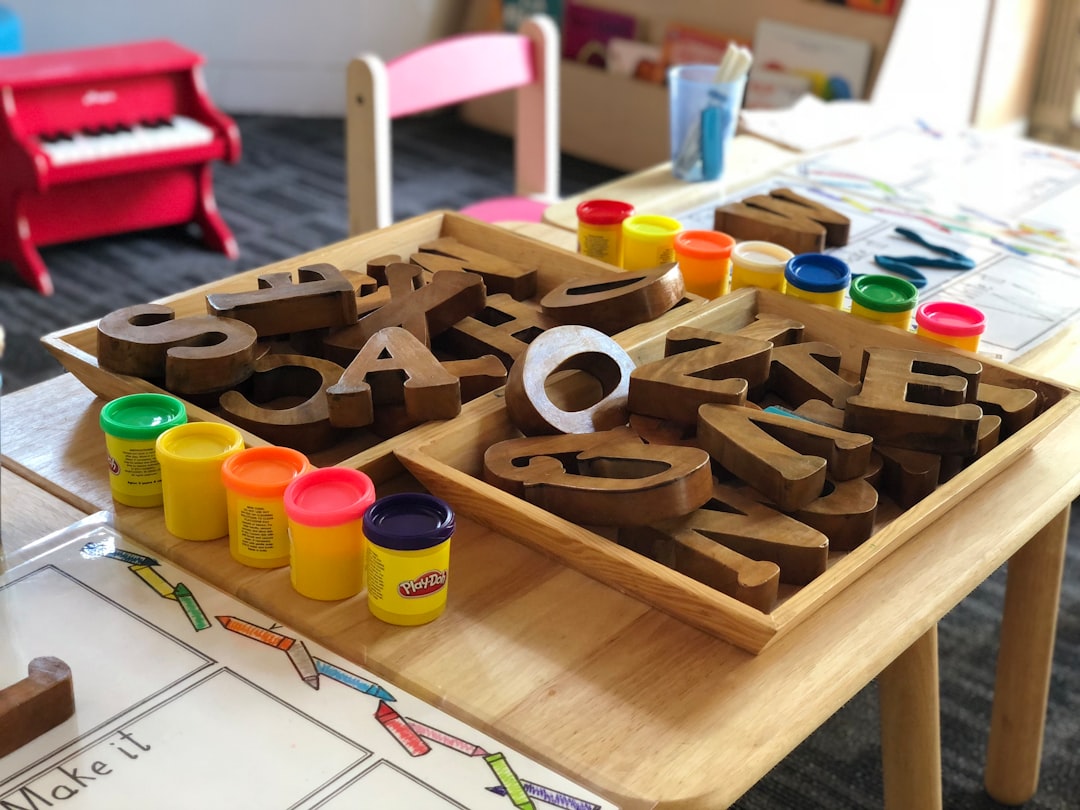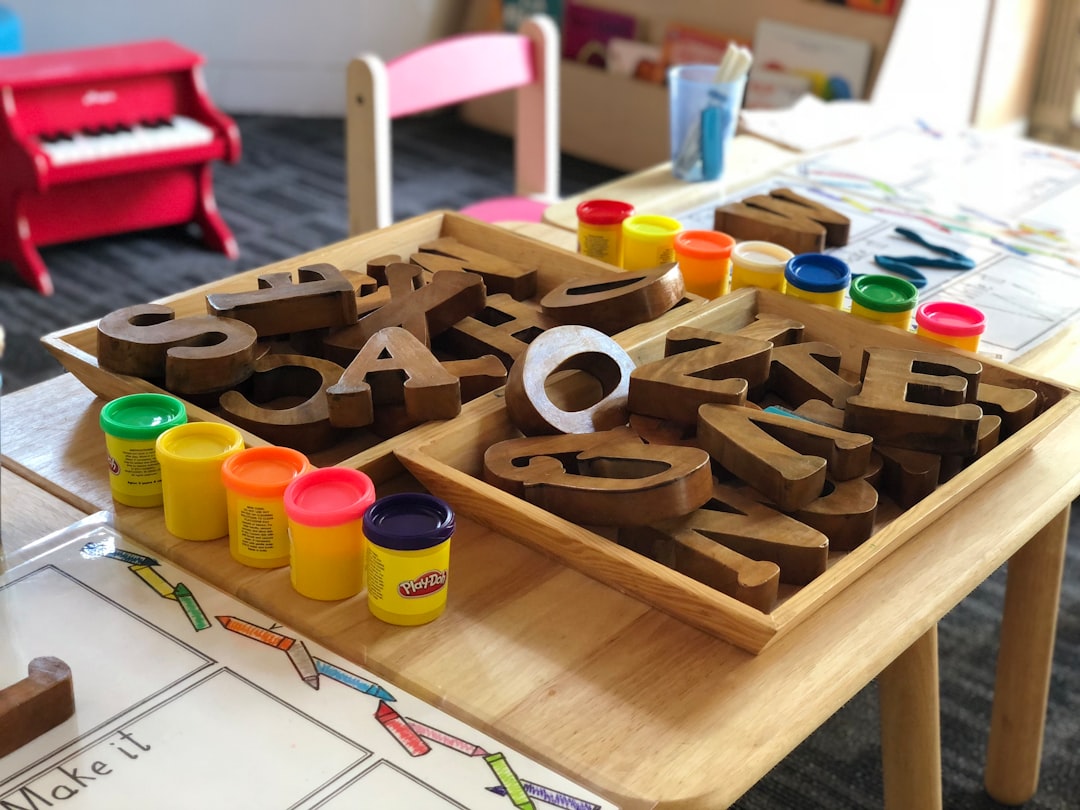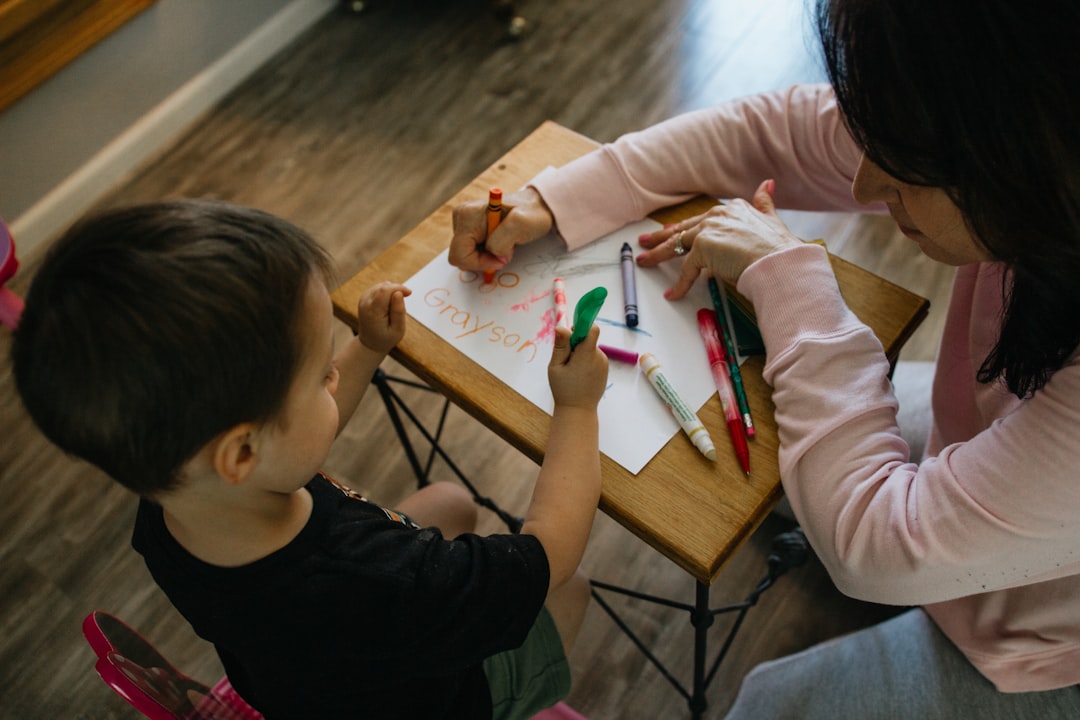Cultural competence training is essential for Albany's childcare staff to create inclusive environments, respect diverse backgrounds, and address biases. This training is critical in preventing and detecting sexual abuse, as a Sexual Abuse Lawyer New York highlights. By recognizing cultural nuances, staff can identify signs of abuse early, fostering trust and open communication with families, and ensuring the well-being of children under their care.
“In the diverse community of Albany, cultural competence training is an essential pillar for ensuring safe and nurturing childcare environments. This article explores the critical components of such training, focusing on sensitivity, staff safety, risk recognition, parental trust, and legal obligations. By understanding these aspects, Albany’s daycare centers can foster inclusive spaces while mitigating potential risks, including those that might lead to child sexual abuse—a concern addressed by New York’s Sexual Abuse Lawyers.”
Understanding Cultural Sensitivity in Childcare
In the diverse community of Albany, cultural competence training is essential for childcare staff. Understanding and respecting different cultural backgrounds, beliefs, and values can create a more inclusive and nurturing environment for all children. Childcare providers play a crucial role in shaping young minds, and their sensitivity to various cultures fosters a sense of belonging and acceptance. This is especially significant given that some families may have unique traditions, languages, or dietary restrictions that need to be accommodated.
Moreover, cultural sensitivity in childcare extends beyond routine care. It involves being mindful of potential issues like racial bias, gender stereotypes, and even unconscious prejudices that can inadvertently affect a child’s development. By promoting an environment free from discrimination and prejudice, staff members can contribute to each child’s overall well-being and success. This awareness is critical, especially in light of sensitive topics such as sexual abuse, where cultural contexts may influence how incidents are perceived and reported—a matter that a Sexual Abuse Lawyer New York would be well-versed in addressing.
The Importance of Training for Staff Safety
Training is an essential aspect of ensuring the safety and well-being of children in daycare settings, particularly when addressing potential risks like sexual abuse. In Albany, New York, where daycare staff are required to undergo specific training, this becomes a critical component of child protection. A Sexual Abuse Lawyer in New York would agree that educating caregivers on recognizing signs of abuse, establishing clear boundaries, and implementing safety protocols is paramount.
By investing in comprehensive Cultural Competence Training, daycares can create an environment where staff are empowered to identify suspicious behavior, understand cultural nuances related to reporting, and respond appropriately. This proactive approach not only safeguards children but also fosters a culture of trust and transparency, which is vital for early childhood education.
Recognizing Potential Risks in Daycare Settings
In daycare settings, recognizing potential risks is paramount for ensuring a safe and nurturing environment for children. While these institutions aim to foster growth and development, they also face unique challenges that require proactive measures. One significant risk is the possibility of sexual abuse, which can have profound and lasting effects on young minds. Albany, like many cities, has seen instances where trusted individuals, including staff members, have exploited their positions of power over children.
Given this context, it’s crucial for daycare staff in New York to be trained in cultural competence, which includes recognizing and mitigating risks. A Sexual Abuse Lawyer in New York might highlight the importance of such training, emphasizing that early detection and intervention can prevent potential abuses. By understanding diverse cultural backgrounds and behaviors, staff members can spot unusual patterns or interactions that may signal underlying issues, enabling them to take appropriate action and protect the children under their care.
Building Trust with Parents and Children
Building trust is a cornerstone of effective communication between daycare staff and families. It’s crucial in creating an environment where parents feel comfortable sharing concerns, while children learn to confide in caregivers. This fosters open dialogue, enabling staff to identify potential issues early on, such as signs of distress or even instances of sexual abuse, which require immediate attention from a Sexual Abuse Lawyer New York.
Trust is cultivated through consistent, empathetic interactions. Daycare staff should actively listen to parents’ perspectives and children’s needs, demonstrating genuine care. Moreover, transparency in policies and practices builds trust with both kids and their families. This open approach ensures that everyone understands boundaries, privacy expectations, and the steps taken to ensure safety and well-being within the daycare setting.
Legal Obligations: Protecting Young Minds
In New York, childcare providers have a legal obligation to create and maintain safe environments for the children in their care. This includes protecting them from potential harm, including sexual abuse. A Sexual Abuse Lawyer New York highlights that staff members must be trained to recognize signs of abuse and understand their role in preventing and reporting such incidents. By law, daycare centers are required to implement comprehensive policies and procedures to address child safety, especially regarding sexual misconduct.
Staff training is a crucial step in fulfilling these legal obligations. It equips employees with the knowledge to identify at-risk behaviors, recognize potential abusers, and respond appropriately when concerns arise. Effective cultural competence training can help daycare staff navigate complex situations involving children’s well-being, ensuring they have the tools to protect young minds and foster a secure environment.






